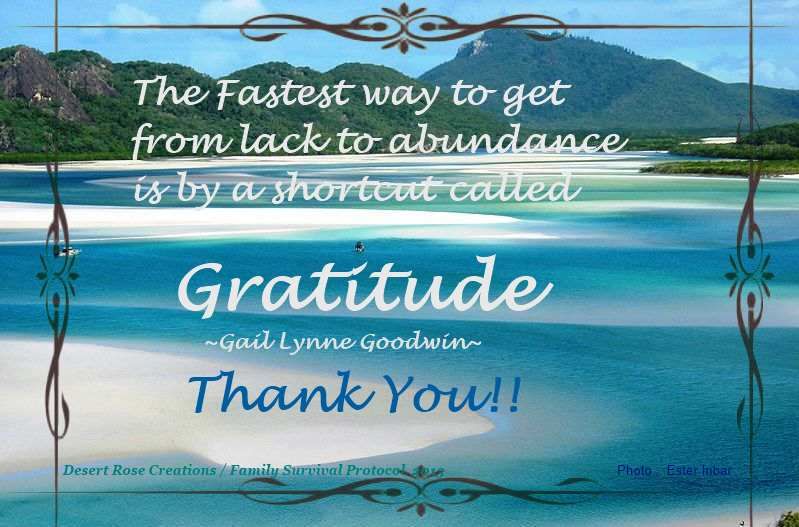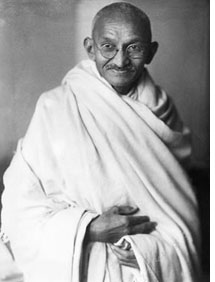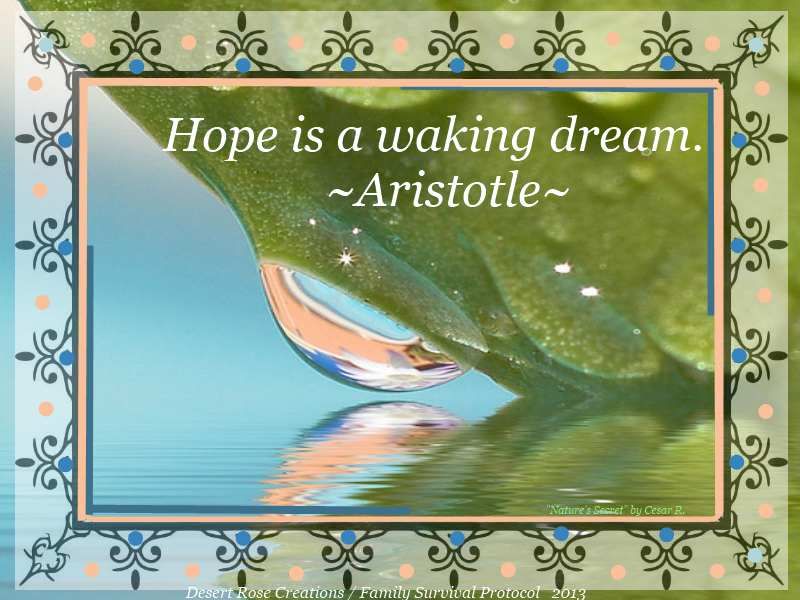Durham, NC -
The
very least you can do in your life is to figure out what you hope for.
The most you can do is live inside that hope, running down its
hallways, touching the walls on both sides.
Let me begin
that way: with an invocation of your own best hopes, thrown like a
handful of rice over this celebration. Congratulations, graduates.
Congratulations, parents, on the best Mother's Day gift ever. Better
than all those burnt-toast breakfasts: these, your children grown tall
and competent, educated to within an inch of their lives.
What
can I say to people who know almost everything? There was a time when I
surely knew, because I'd just graduated from college myself, after
writing down the sum of all human knowledge on exams and research
papers. But that great pedagogical swilling-out must have depleted my
reserves, because decades have passed and now I can't believe how much I
don't know. Looking back, I can discern a kind of gaseous exchange in
which I exuded cleverness and gradually absorbed better judgment. Wisdom
is like frequent-flyer miles and scar tissue; if it does accumulate,
that happens by accident while you're trying to do something else. And
wisdom is what people will start wanting from you, after your last exam.
I know it's true for writers - -- when people love a book, whatever
they say about it, what they really mean is: it was
wise. It
helped explain their pickle. My favorites are the canny old codgers:
Neruda, Garcia Marquez, Doris Lessing. Honestly, it is harrowing for me
to try to teach 20-year-old students, who earnestly want to improve
their writing. The best I can think to tell them is: Quit smoking, and
observe posted speed limits. This will improve your odds of getting old
enough to be wise.
If I stopped there, you might have heard my
best offer. But I am charged with postponing your diploma for about 15
more minutes, so I'll proceed, with a caveat. The wisdom of each
generation is necessarily new. This tends to dawn on us in revelatory
moments, brought to us by our children. For example: My younger daughter
is eleven. Every morning, she and I walk down the lane from our farm to
the place where she meets the school bus. It's the best part of my day.
We have great conversations. But a few weeks ago as we stood waiting in
the dawn's early light, Lily was quietly looking me over, and finally
said: "Mom, just so you know, the only reason I'm letting you wear that
outfit is because of your age." The
alleged outfit will not be
described here; whatever you're imagining will perfectly suffice.
(Especially if you're picturing "Project Runway" meets "Working with
Livestock.") Now, I believe parents should uphold respect for adult
authority, so I did what I had to do. I hid behind the barn when the bus
came.
And then I walked back up the lane in my fly regalia,
contemplating this new equation: "Because of your age." It's okay now to
deck out and turn up as the village idiot. Hooray! I am old enough. How
does this happen? Over a certain age, do you become invisible? There is
considerable evidence for this in movies and television. But mainly, I
think, you're not expected to know the rules. Everyone knows you're
operating on software that hasn't been updated for a good while.
The
world shifts under our feet. The rules change. Not the Bill of Rights,
or the rules of tenting, but the big unspoken truths of a generation.
Exhaled by culture, taken in like oxygen, we hold these truths to be
self-evident: You get what you pay for. Success is everything. Work is
what you do for money, and that's what counts. How could it be
otherwise? And the converse of that last rule, of course, is that if
you're not paid to do a thing, it can't be important. If a child writes a
poem and proudly reads it, adults may wink and ask, "Think there's a
lot of money in that?" You may also hear this when you declare a major
in English. Being a good neighbor, raising children: the road to success
is not paved with the likes of these. Some workplaces actually quantify
your likelihood of being distracted by family or volunteerism. It's
called your coefficient of Drag. The ideal number is zero. This is the
Rule of Perfect Efficiency.
Now, the rule of "Success" has
traditionally meant having boatloads of money. But we are not really
supposed to put it in a boat. A house would the customary thing.
Ideally it should be large, with a lot of bathrooms and so forth, but no
more than four people. If two friends come over during approved
visiting hours, the two children have to leave. The bathroom-to-resident
ratio should at all times remain greater than one. I'm not making this
up, I'm just observing, it's more or less my profession. As Yogi Berra
told us, you can observe a lot just by watching. I see our dream-houses
standing alone, the idealized life taking place in a kind of bubble. So
you need another bubble, with rubber tires, to convey yourself to places
you must visit, such as an office. If you're successful, it will be a
large, empty-ish office you don't have to share. If you need anything,
you can get it delivered. Play your cards right and you may never have
to come face to face with another person. This is the Rule of Escalating
Isolation.
And so we find ourselves in the chapter of history I
would entitle: Isolation and Efficiency, and How They Came Around to
Bite Us in the Backside. Because it's looking that way. We're a world at
war, ravaged by disagreements, a bizarrely globalized people in which
the extravagant excesses of one culture wash up as famine or flood on
the shores of another. Even the architecture of our planet is collapsing
under the weight of our efficient productivity. Our climate, our
oceans, migratory paths, things we believed were independent of human
affairs. Twenty years ago, climate scientists first told Congress that
unlimited carbon emissions were building toward a disastrous
instability. Congress said, we need to think about that. About ten
years later, nations of the world wrote the Kyoto Protocol, a set of
legally binding controls on our carbon emissions. The US said, we still
need to think about it. Now we can watch as glaciers disappear, the
lights of biodiversity go out, the oceans reverse their ancient orders. A
few degrees looked so small on the thermometer. We are so good at
measuring things and declaring them under control. How could our weather
turn murderous, pummel our coasts and push new diseases like denge
fever onto our doorsteps? It's an emergency on a scale we've never
known. We've responded by following the rules we know: Efficiency,
Isolation. We can't slow down our productivity and consumption, that's
unthinkable. Can't we just go home and put a really big lock on the
door?
Not this time. Our paradigm has met its match. The world
will save itself, don't get me wrong. The term "fossil fuels" is not a
metaphor or a simile. In the geological sense, it's over. The internal
combustion engine is so 20th Century. Now we can either shift away from a
carbon-based economy, or find another place to live. Imagine it: we
raised you on a lie. Everything you plug in, turn on or drive, the
out-of-season foods you eat, the music in your ears. We gave you this
world and promised you could keep it running on:
a fossil substance.
Dinosaur slime, and it's running out. The geologists only disagree on
how much is left, and the climate scientists are now saying they're
sorry but that's not even the point. We won't get time to use it all. To
stabilize the floods and firestorms, we'll have to reduce our carbon
emissions by 80 percent, within a decade.
Heaven help us get our
minds around that. We're still stuck on a strategy of bait-and-switch:
Okay, we'll keep the cars but run them on ethanol made from corn! But
-- we use petroleum to grow the corn. Even if you like the idea of
robbing the food bank to fill up the tank, there is a math problem: it
takes nearly a gallon of fossil fuel to render an equivalent gallon of
corn gas. By some accounts, it takes more. Think of the Jules Verne
novel in which the hero is racing Around the World in 80 Days, and finds
himself stranded in the mid-Atlantic on a steamship that's run out of
coal. It's day 79. So Phileas Fogg convinces the Captain to pull up the
decks and throw them into the boiler. "On the next day the masts, rafts
and spars were burned. The crew worked lustily, keeping up the fires.
There was a perfect rage for demolition." The Captain remarked, "Fogg,
you've got something of the Yankee about you." Oh, novelists. They
always manage to have the last word, even when they are dead.
How
can we get from here to there, without burning up our ship? That will
be central question of your adult life: to escape the wild rumpus of
carbon-fuel dependency, in the nick of time.
 Think
of your life as a giant canvas. Everyday you have an opportunity to
paint a new picture. The more your mind is settled, the more in touch
you become with your creative self. You can make each day a masterpiece
inspired by love, or you can just create an ordinary day of existence.
There is nothing wrong in this, it just that life isn’t lived to the
fullest. It is still beautiful in its essence, but its beauty is not
known because of unconsciousness. You are not the creator of life, but
you create the way the life you are given is lived.
Think
of your life as a giant canvas. Everyday you have an opportunity to
paint a new picture. The more your mind is settled, the more in touch
you become with your creative self. You can make each day a masterpiece
inspired by love, or you can just create an ordinary day of existence.
There is nothing wrong in this, it just that life isn’t lived to the
fullest. It is still beautiful in its essence, but its beauty is not
known because of unconsciousness. You are not the creator of life, but
you create the way the life you are given is lived.














 “You
must not lose faith in humanity. Humanity is an ocean; if a few drops
of the ocean are dirty, the ocean does not become dirty.”
“You
must not lose faith in humanity. Humanity is an ocean; if a few drops
of the ocean are dirty, the ocean does not become dirty.”











 “The supreme accomplishment is to blur the line between work and play.”
“The supreme accomplishment is to blur the line between work and play.” 












